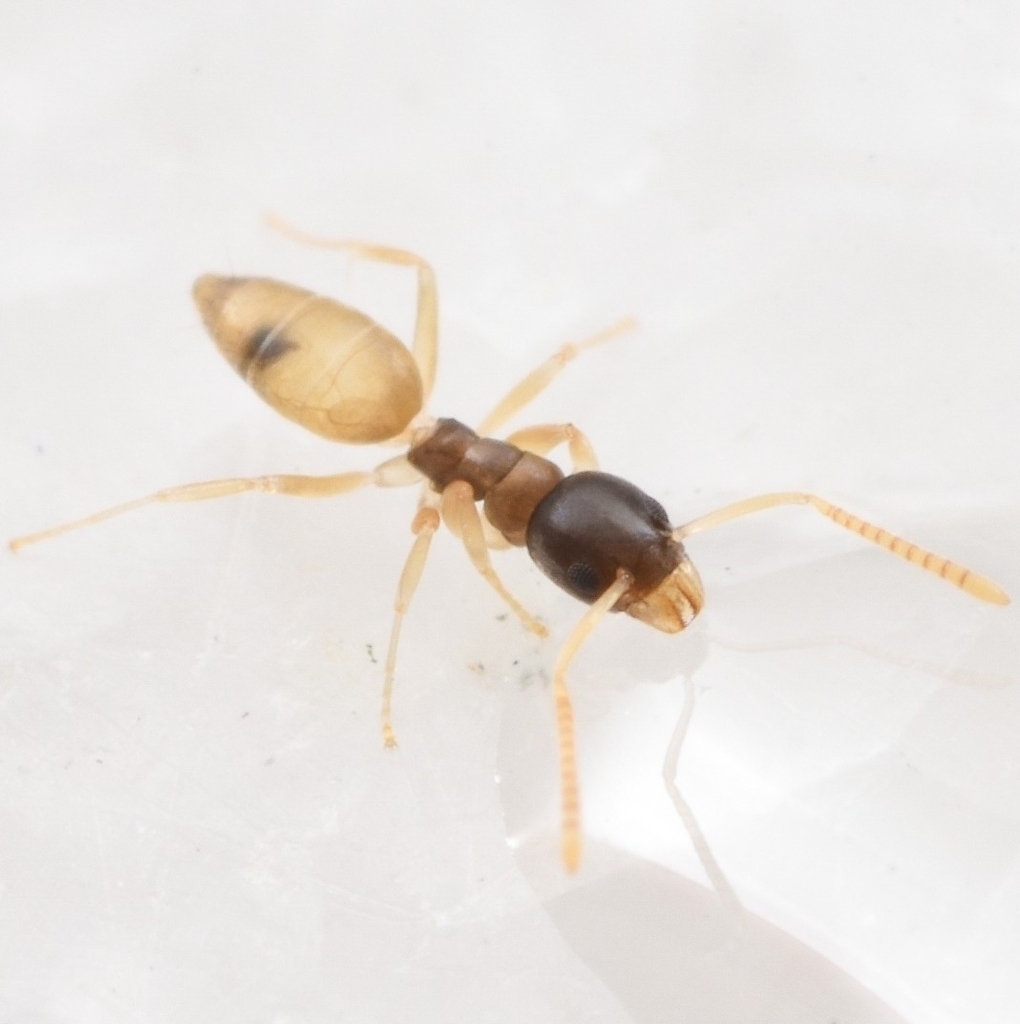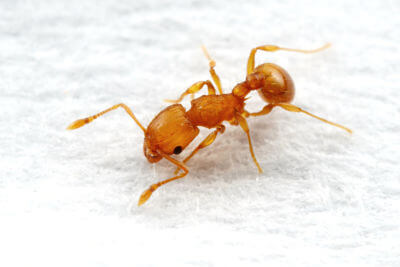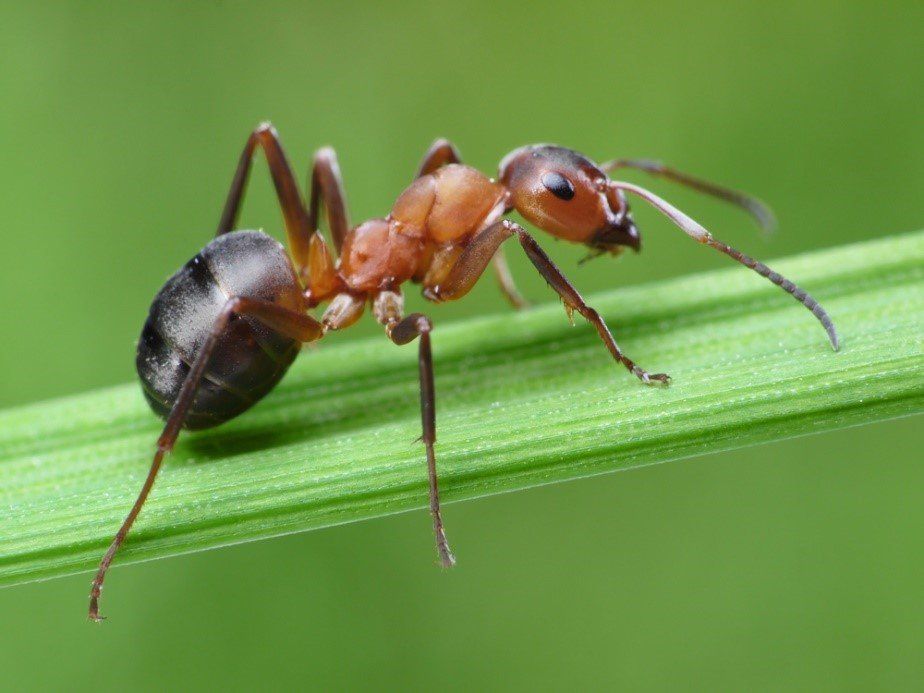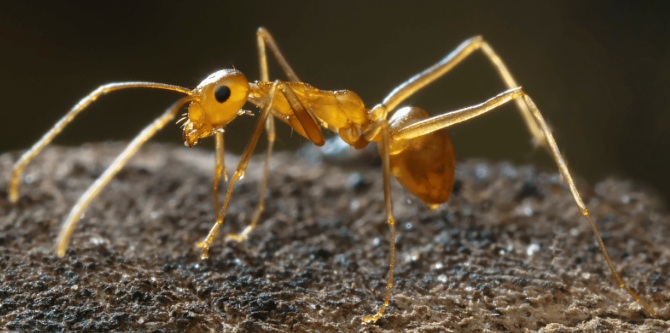Ant Control in Singapore
Ant infestations are a frequent nuisance for both homes and businesses in Singapore. Due to the country’s tropical climate, ants thrive year-round, often infiltrating properties in search of food, water, and shelter. While most ants are not directly harmful, their presence can contaminate food, damage structures, and create persistent hygiene issues – especially in food establishments and residential kitchens.
Common Ant Species in Singapore
Some of the most common ant species encountered include:
- Pharaoh ants (Monomorium pharaonis): Small, yellowish ants known for infesting food preparation areas and forming large colonies.
- Ghost ants (Tapinoma melanocephalum): Tiny ants with pale bodies and dark heads, commonly found in moist areas like sinks and bathrooms.
- Carpenter ants (Camponotus spp.): Larger ants that can tunnel through wood and potentially damage wooden structures.
- Crazy ants (Paratrechina longicornis): Fast-moving ants that travel in erratic patterns, often nesting indoors.




Professional Ant Control Methods
Effective ant control requires targeting the entire colony, not just the visible foragers. Pest control professionals in Singapore typically use:
- Gel Baiting: Ants are attracted to the bait, carry it back to the nest, and distribute it throughout the colony for long-term control.
- Residual Spraying: Applied to key entry points and trails to eliminate active foragers and discourage further intrusion.
- Insecticide Treatments: Used in voids, cracks, and hard-to-reach areas where ants may be nesting.
- Nest Elimination: Direct treatment of ant nests when accessible, particularly for outdoor infestations.
Signs of an Ant Infestation
- Visible ant trails, especially leading to food sources
- Small piles of soil or debris near entry points or wall cracks
- Nesting sites in potted plants, wall voids, or under flooring
- Frequent sightings near sweet or greasy food items
Preventive Measures
- Clean up food spills and crumbs promptly
- Store food in sealed containers
- Dispose of trash regularly and keep bins covered
- Seal cracks and crevices along walls, windows, and doors
- Avoid leaving pet food out overnight
